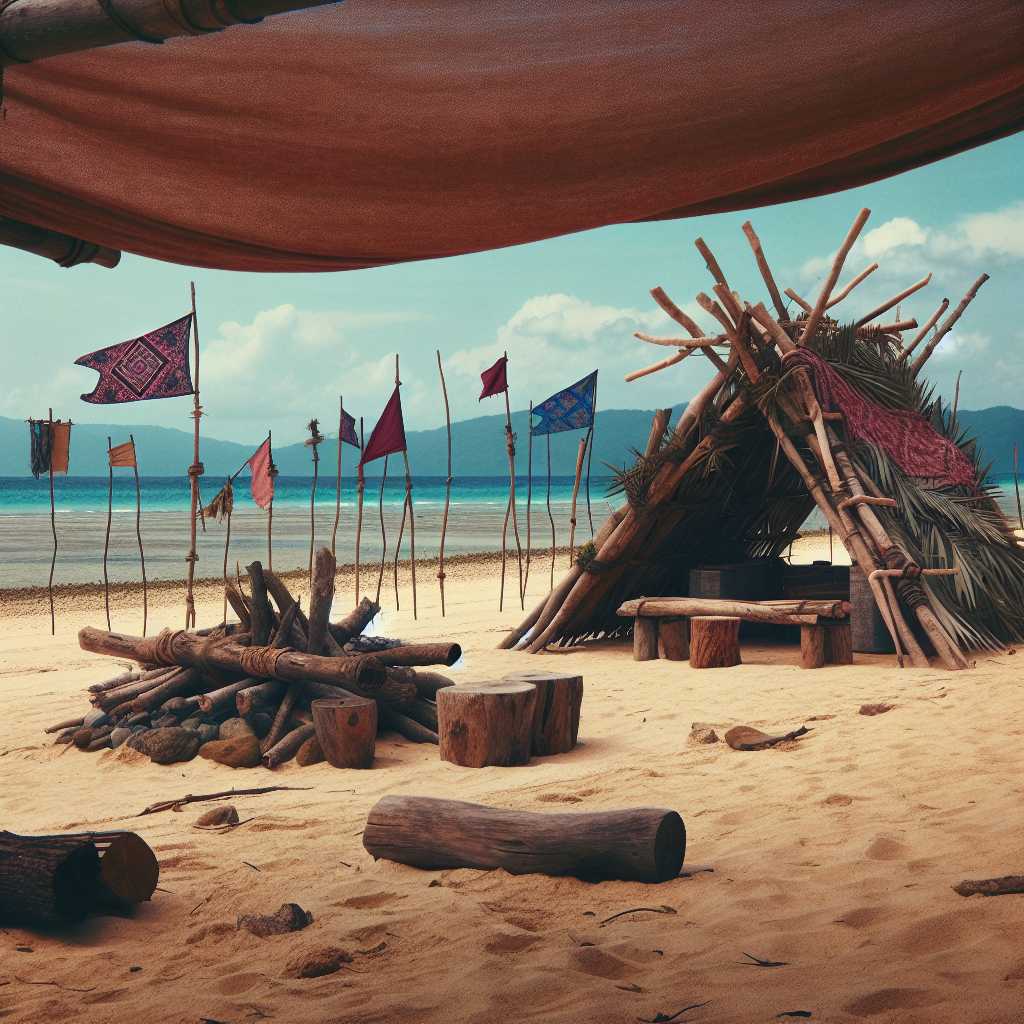The Enduring Legacy of the Reality TV Show Survivor
Survivor, since its inception in 2000, has firmly cemented itself as a cornerstone of reality television, redefining the genre and captivating millions of viewers worldwide. The show’s innovative format and psychological complexities make it a fascinating subject for analysis ranging from social strategy to human endurance.
The Premise and Evolution of Survivor
Survivor is a competitive reality show where a group of contestants are isolated in a secluded location, typically a remote island, and expected to provide food, fire, and shelter for themselves. The contestants compete in challenges for rewards and immunity from elimination. The players are voted out by their peers one by one until only a sole “Survivor” remains to claim the title and the cash prize.
The show debuted on CBS in May 2000 and was an instant hit. Created by Charlie Parsons and hosted by Jeff Probst, its formula has been tweaked over the years but remains mostly unchanged at its core. As it has evolved, Survivor has incorporated numerous theme seasons such as ‘Blood vs. Water’ (where competitors play with or against loved ones), and ‘Heroes vs. Villains’ (featuring returning contestants), which have kept the format fresh and compelling for fans.
Worldwide Appeal and Cultural Impact
The success of Survivor led to numerous international versions, each bringing its own cultural twists to the basic formula. The show’s global appeal lies in its raw portrayal of human nature under stress and the thrill of the unrehearsed drama between competitors from all walks of life.
Moreover, Survivor has had a significant impact on culture and spawned a new vernacular. Terms like “alliance,” “blindside,” and “tribal council” have entered common usage well beyond the confines of the show.
Gameplay Strategy: Social Dynamics Meets Competition
One of the hallmarks of Survivor is the complex social game that unfolds as contestants form alliances, devise strategies, and navigate betrayals. The intricacies of social gameplay have been subject to much analysis. In Survivor, often it’s not the strongest or most athletic individual who wins but instead the player who can best manage their social relationships and strategic gameplay.
Gender Dynamics and Representation
Controversies surrounding gender dynamics on Survivor have raised thoughtful discussion about societal expectations and bias. The perceived physical capabilities of male vs. female contestants, the reception of strategic gameplay from different genders, and portrayal in editing are all aspects that have opened broader conversations about gender in competitive environments.
Survivor’s Influence on Reality TV Genres
Survivor has been instrumental in shaping the landscape of reality television. The immersive approach has inspired a slate of survival-based programs across networks, with elements like competition driven narratives and confessional interviews becoming standard practices in reality TV.
The Psychological Aspect of Survival
Aside from physical endurance, Survivor places enormous mental demands on its participants. It explores the psychology of survival – touching on both physical endurance to hunger and environmental challenges, as well as the mental resilience required to deal with isolation from society, constant strategizing, and social manipulation.
Controversies Surrounding Production Ethics
Like all reality shows, Survivor has not been immune to controversy over its two-decade run. Issues concerning contestant welfare, environmental impact, perception manipulation through editing practices, and handling sensitive socio-political contexts are some areas that have triggered debate about production ethics.
Survivor’s Continuing Journey
Despite the changes over its numerous seasons spanning multiple decades, Survivor’s ability to evolve with its audience while remaining true to its core ethos is a testament to the show’s durability. Enthusiasm for the game remains high as it continues to find new fans even as it retains its seasoned viewer base looking for strategic maneuvers and interpersonal dynamics.
Notes
Image description: A sandy beach with a rustic campsite featuring an improvised shelter made of wood and palm leaves indicating that this might be a scene similarly seen on a season of Survivor. Visible in the background could be challenge props like ropes or flags colored in vibrant reds or blues denoting team divisions or competition elements characteristic of the show.
